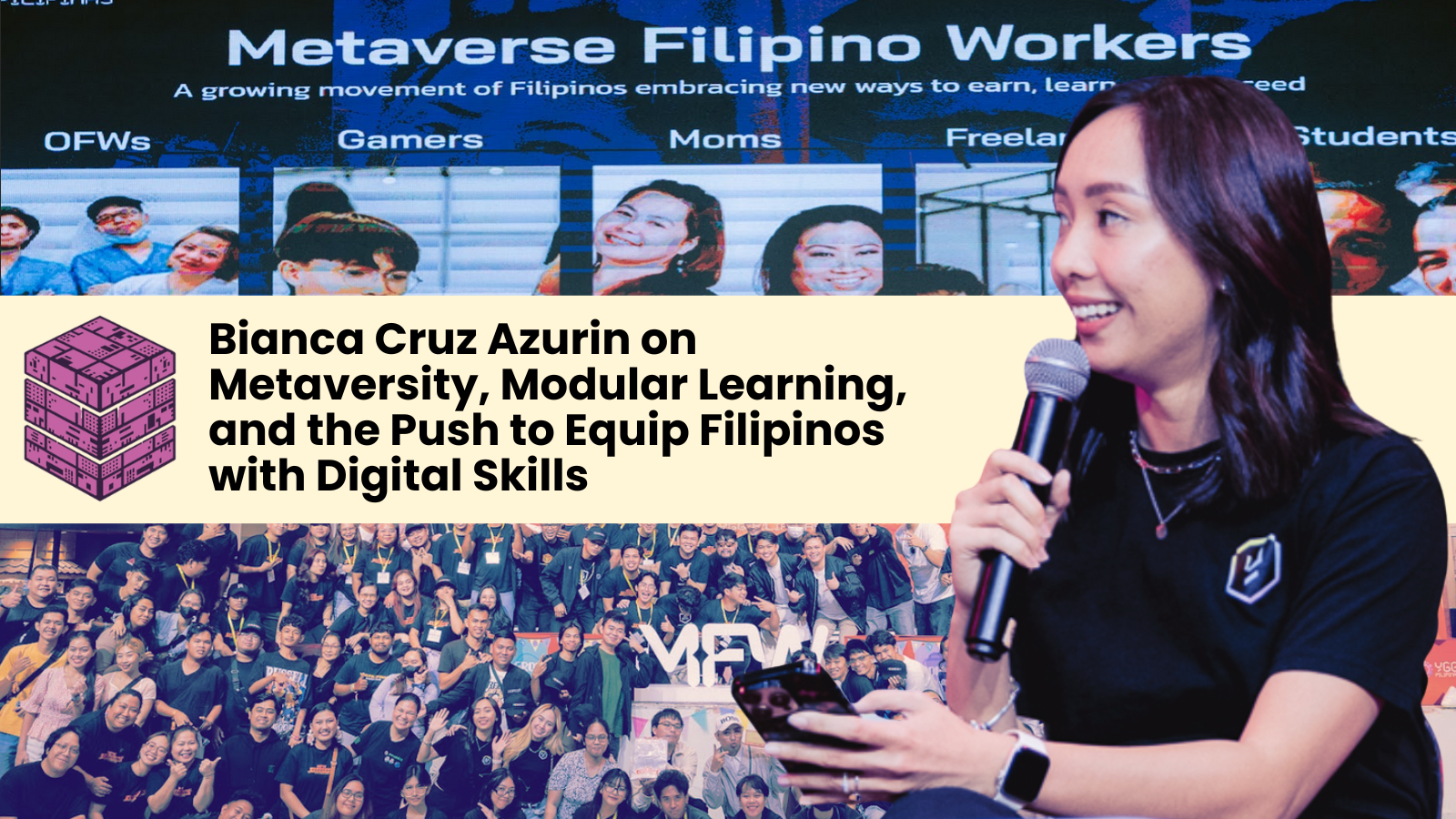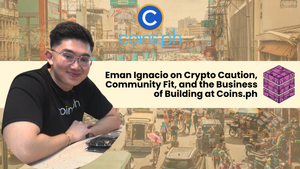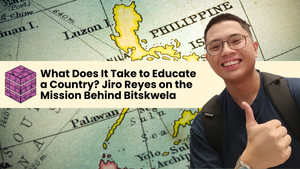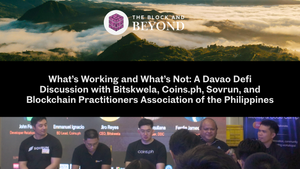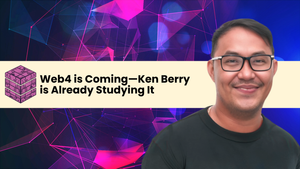Education in the Web3 space is often fragmented, experimental, and heavily technical. But a growing number of organizations are exploring new ways to make digital skills more accessible.
From blockchain bootcamps to AI explainer series, digital learning tools are evolving fast. But while access to these resources is growing, many learners (especially those outside of tech fields) are still left behind. The challenge isn’t just delivering content, it’s making sure people can connect with it, remember it, and apply it in the real world.
One effort tackling that challenge comes from a project inside YGG Philippines called Metaversity. It’s an education platform built for the gaming-native Web3 community, and it’s being shaped by Bianca Cruz Azurin, a startup founder and educator who now co-leads the initiative.
With a background in business development and digital marketing, Azurin is helping guide a shift in how Web3 skills are taught: shorter, clearer, and designed to support real work.
At the heart of Metaversity is a core belief that educational content should meet learners where they are. That means removing barriers, not just financial ones, but structural ones as well. The team behind it is exploring everything from peer-to-peer learning to gamified milestones to help students engage with blockchain, AI, and digital literacy on their own terms.
Building on Principles, Not Just Platforms
Azurin didn’t arrive in Web3 education from the typical developer track. Before joining YGG Pilipinas, she worked at Moneybees (a licensed crypto OTC platform in PH), co-founded the digital marketing agency ATT3ND, and launched the AI-forward education startup 10XME. Her throughline across these ventures is her focus on knowledge sharing and practical outcomes.
"One thing I think that's really common with all those companies is really the connection and the education at the same time."
That approach now shapes how Metaversity balances technical content with accessibility. Instead of diving straight into protocol mechanics or blockchain theory, the curriculum starts with why.
"Why did Bitcoin start in the first place? Why is it important that AI companies build transparently? And what are the implications of that?"
This emphasis on principles anchors each course in a larger story, often reinforced through anecdotes or metaphors that help learners retain meaning rather than memorize terms.
Learning, Gamified
Metaversity was built for a community that didn’t necessarily sign up for structured education. YGG’s roots are in gaming, and Azurin's team knew that a traditional classroom format wouldn’t stick.
"We try to incorporate a lot of the gaming principles, gamifying it in a way so that it still appeals to them."
That means badges, modular achievements, and clearly defined levels that mimic a game's progression system. But it also means offering content in formats that reflect how people actually want to learn: peer-to-peer forums, conversational shows, short video lessons, and task-based synthesis groups.
This adaptability is key to Metaversity’s success so far. Rather than forcing learners into one format, it allows them to navigate based on preference and availability. This flexibility mirrors the workforce vision Azurin is helping shape—one built on digital tasks that can be picked up, paused, or stacked.
Metrics That Actually Matter
In January, Metaversity launched its Crash Courses platform, a short-course system that successfully secured a massive grant from the Open Campus Accelerator (OC-X). The early results surprised even the team.
"We started in January, and now we have close to 9,000 users. And almost half of them have already finished all of our courses."
These aren’t full-day modules. Each course lasts five to seven minutes, with the entire set taking just under three hours. It’s designed for accessibility and immediacy, offering foundational skills in communication, leadership, and marketing, all positioned for digital work. This microlearning format resonates with busy professionals and creators building side hustles or remote-first careers.
Preparing for Work That Doesn't Look Like Work
Metaversity is part of a broader shift YGG is making toward what it calls the “future of work.” For Azurin, that means preparing learners for multiple roles, not just one career.
"We'd want to see millions of MFWs (Metaverse Filipino Workers) take on a series of multiple digital careers... that will provide them financial freedom and flexibility."
Rather than emphasizing a singular professional outcome, Metaversity teaches learners how to navigate a menu of digital opportunities, from microtasks and campaigns to AI-assisted workflows and DAO coordination. The ultimate goal is not just employability, but autonomy.
It’s still early, and Azurin acknowledges that. But the momentum of the platform, combined with YGG’s community-first ethos, points to a working model for skills-based education in the Web3 space.
Metaversity isn’t trying to replace schools. It’s trying to meet people where they are and help them go further, faster. And in a world racing toward decentralization, that may be the most important lesson of all.







